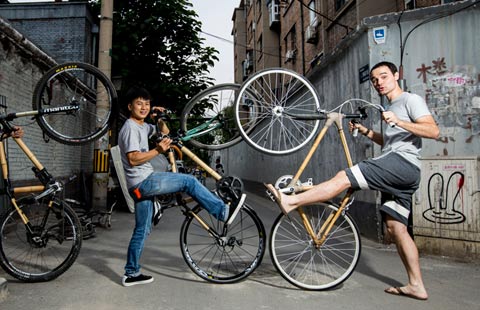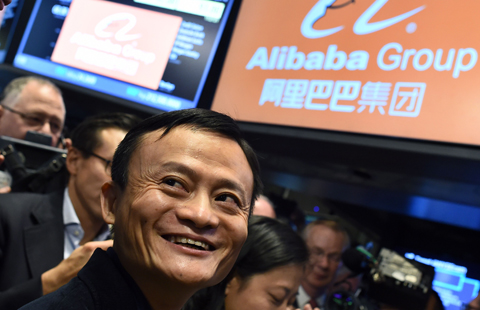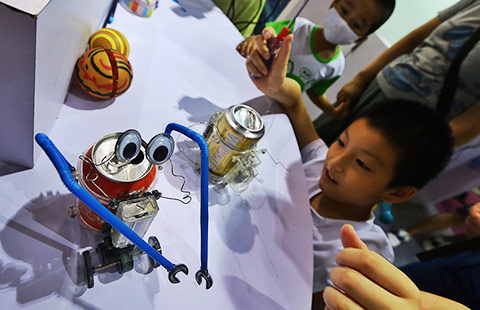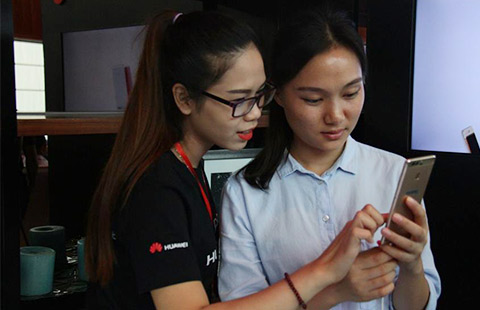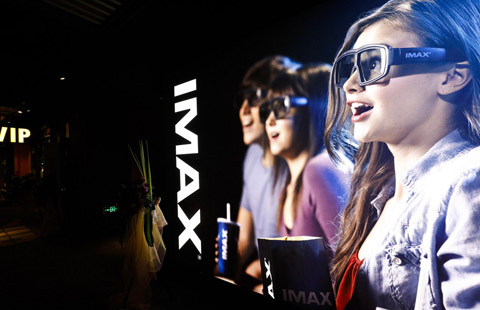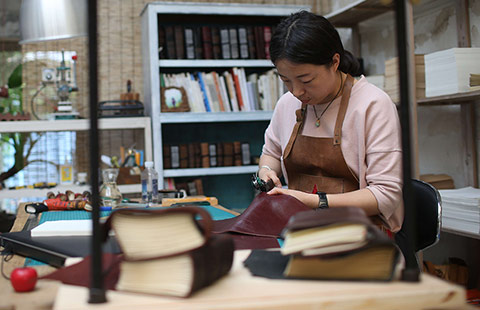Machines to reward Beijing subway travelers
(Xinhua) Updated: 2012-12-13 14:48BEIJING - Beijing commuters will soon benefit from their environmentally friendly actions, as four machines were on Wednesday installed in two subway stations in the city to collect discarded bottles and pay out credit toward travel passes in return.
The ATM-like automated collectors were placed at Jinsong and Shaoyaoju stations on Line 10. When put into operation next week, they will allow commuters to exchange plastic containers for between 0.1 yuan (1.6 US cents) and 0.05 yuan based on the donation's capacity.
Bottles gathered will be crunched to a third of their original size and stored in the machine before transferral to local factories for further recycling procedures, a technician from operating company Incom said.
Under current subway costs, travelers will be able to enjoy a free ride for as few as every 20 bottles donated.
"Because the devices still need further adjustment to make sure they work well with the commuter passes, passengers will have to wait until next week before we can put them into operation," said Chang Tao, Incom general manager.
Chang expected the "automated scavengers" to reduce the cost of the collecting process, as the company used to offer much higher prices to gather raw materials from individuals collecting scrap on an informal basis.
He estimated the cost will be cut by 10 percent with 1,000 machines.
According to Chang, the current progress is merely the first step of the company's greater ambition to expand the machines to all subway stations, bus stops and communities in Beijing.
Although the machines accept only plastic bottles at present, designers are working to widen their diet. Devices that can process more kinds of waste like cans have been put on the company's agenda.
Cheng Huiqiang, a waste-trade expert, said some three million tons of plastic bottles are abandoned in China each year. If all this waste is collected and recycled properly, the country will save 18 million tons of crude oil.
"If we can make full use of every discarded bottle, it will be equivalent to discovering a new oil field," according to Incom's Chang.
In 2009, similar collectors appeared in the country's capital but were removed before long for their low efficiency. However, Chang guaranteed that his company's new products will not suffer the same fate.
"We have already achieved success in the southern Chinese city of Suzhou," he said, even suggesting that entering overseas market was on the company's schedule.
- China vows investment, financing reform
- Chinese $1.2b takeover of Norway's Opera fails, but alternative deal set
- Beijing's home price may continue to grow in H2
- Housing price growth to slow down from H2
- Shopping with streaming celebrities tipped as new China trend
- Honeywell unveils new water purifier to Chinese market
- Offbeat entrepreneurs in Beijing's hutong
- ADB says China 'on track to meet growth projections' this year and next

